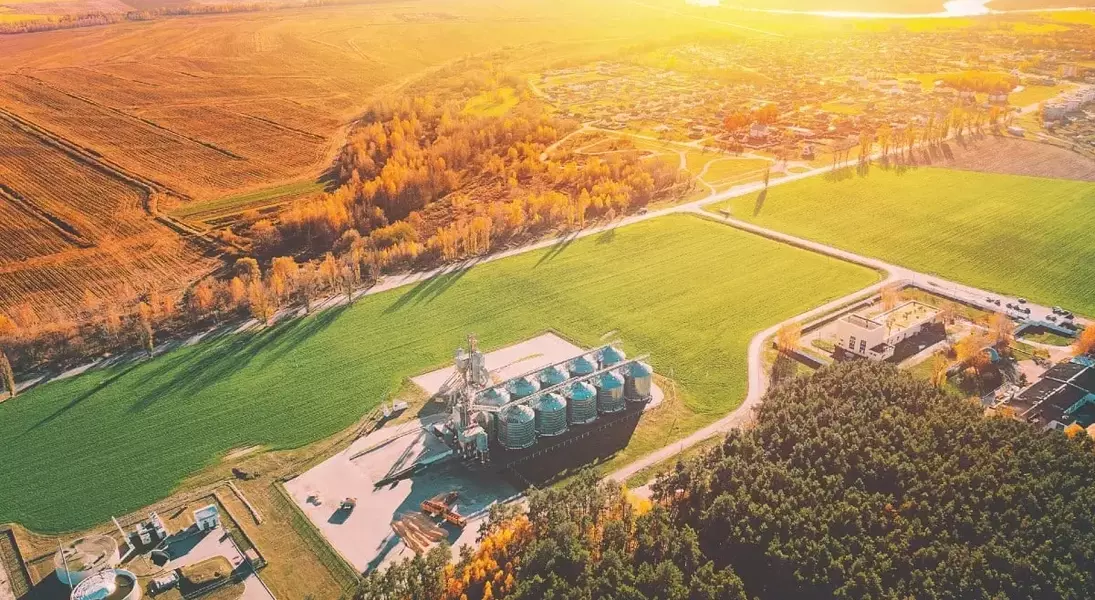
The global food production system faces significant environmental and social challenges. The World Wildlife Fund (WWF) has introduced its Global Performance Standards (GPS) to address these issues, aiming to create a more sustainable and responsible food industry. These standards provide a comprehensive framework for reducing environmental impact, promoting fair labor practices, and ensuring economic viability. With the global population projected to surpass 9 billion by 2050, the need for sustainable agricultural practices is more urgent than ever.
Agriculture contributes significantly to environmental degradation, including deforestation, biodiversity loss, and greenhouse gas emissions. WWF's GPS offers a roadmap for companies, farmers, and suppliers to adopt practices that protect ecosystems while meeting the growing demand for food. By focusing on conservation, resource management, and social responsibility, the GPS aims to bridge the gap between food production and consumption, ensuring both efficiency and sustainability.
Promoting Environmental Conservation and Resource Management
The WWF's GPS emphasizes the importance of preserving natural habitats and managing resources sustainably. This includes protecting critical ecosystems, minimizing deforestation, and reducing water waste. By adopting these practices, food producers can mitigate their environmental footprint and contribute to climate change mitigation efforts.
One of the key areas addressed by the GPS is the conservation of biodiversity and ecosystems. The standards ensure that food production does not harm critical habitats or endangered species. For instance, in regions like Southeast Asia, where palm oil cultivation has led to deforestation, WWF has partnered with industry stakeholders to establish guidelines that reduce habitat destruction. Additionally, the GPS promotes efficient land and water use, encouraging practices that minimize soil erosion and water wastage. Sustainable farming techniques, such as crop rotation and organic fertilizers, play a crucial role in maintaining soil health and reducing reliance on synthetic chemicals. These practices not only benefit the environment but also improve long-term productivity and profitability for farmers.
Fostering Social Responsibility and Economic Viability
Beyond environmental stewardship, the GPS places a strong emphasis on social responsibility and economic sustainability. This involves ensuring fair labor practices, respecting local communities, and supporting livelihoods. The standards require producers to provide fair wages, safe working conditions, and access to healthcare for workers. Moreover, they aim to combat poverty and enhance the well-being of those involved in food production.
To achieve economic viability, the GPS encourages long-term planning and efficiency improvements. Producers are incentivized to adopt sustainable methods that reduce waste and increase productivity. For example, WWF has collaborated with large corporations like Unilever and Nestlé to implement sustainability standards throughout their supply chains. These partnerships have driven systemic changes, making sustainable practices more widespread and practical. Transparency is another critical component of the GPS, ensuring accountability through clear communication and data reporting. By fostering trust with consumers and stakeholders, the GPS helps build a resilient and responsible food system. Ultimately, the success of these standards depends on collective action from all sectors of society, emphasizing the importance of choosing sustainability over short-term gains.
